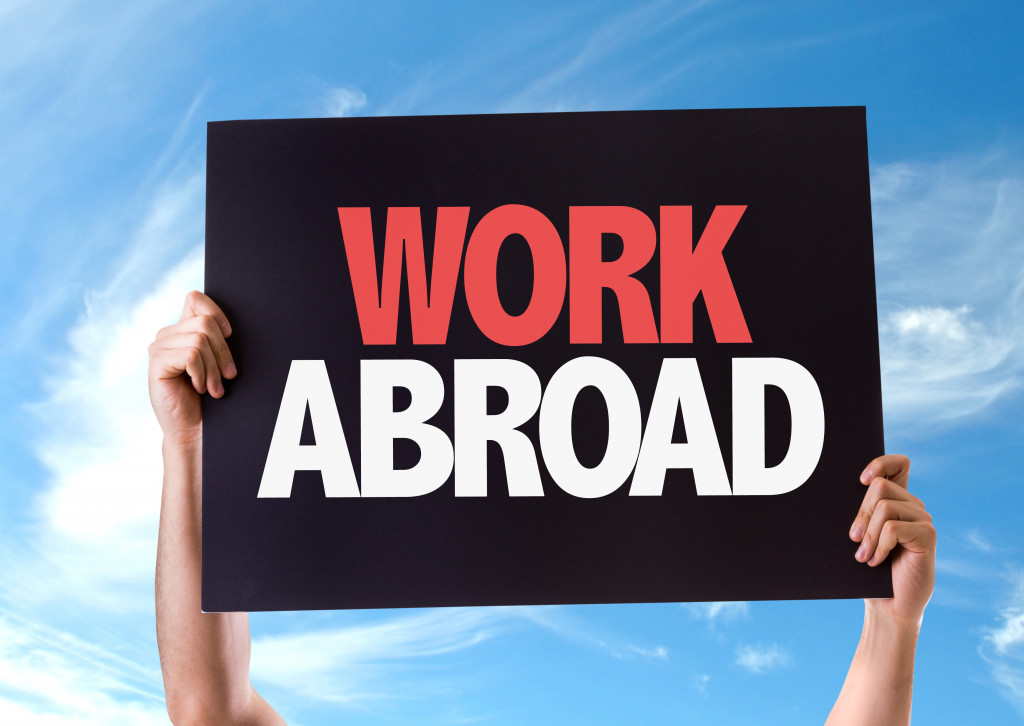- Understand tax rules and social security regulations in your new country of residence.
- Obtain health and other types of insurance to cover any unexpected costs that may arise.
- Research currency exchange rates and consider using a multi-currency account to save money on transfers.
- Create a budget and financial plan that accounts for expected and unexpected costs.
Working overseas can be an enriching experience; however, it comes with unique financial considerations. From taxes to currency exchange rates and more, there are a variety of factors that you need to take into account before making a move abroad. Look at what you should consider when planning your finances for working overseas.

1. Taxes and Social Security
One of the first things to consider when working overseas is how taxes affect your finances. Depending on the country you are moving to, you may be liable for taxes in both countries due to double taxation laws. In addition, if you are not a citizen of the country you are moving to, social security taxes may not apply or may be reduced. It’s essential to understand how your local tax laws will affect your income when working overseas so that you can plan accordingly.
For example, you must report any foreign income to the Internal Revenue Service in the United States. This includes wages and self-employment income earned overseas and certain types of foreign pensions and other investments. The IRS has special rules to help simplify this process, so it’s essential to research the laws in your country.
2. Insurance
When preparing to work overseas, you should also consider the insurance requirements in your new country. Health insurance is a must-have for any international move, as medical costs can be expensive in some locations. Additionally, some countries require you to purchase a life or disability insurance policy if you plan on working long-term. It’s also important to consider other types of insurance, such as property and liability coverage.
For example, insurance in the Philippines is regulated by the Insurance Commission, which requires employers in specific industries to provide their employees with insurance policies. This may include medical and life insurance and accident and dismemberment coverage.
3. Currency Exchange Rates
Another factor to consider is currency exchange rates. Depending on the currency of the country you are moving to, you may have to convert your earnings from one currency into another. This can significantly impact how much money you have available after converting from one currency into another due to fluctuating exchange rates. To ensure your earnings don’t get lost in the conversion process, it’s essential to research currency exchange rates and plan accordingly. Here are some tips:

a. Compare exchange rates from different providers
Different providers may offer different exchange rates, so it’s essential to compare what each provider offers before deciding. If you plan to transfer money regularly, look for providers offering competitive exchange rates and no fees.
b. Consider using a multi-currency account
A multi-currency account may help you save money on exchange rates. With a multi-currency account, you can instantly hold multiple currencies in one account and transfer from one currency to another.
c. Use a credit or debit card
Using a credit or debit card is an easy way to access funds in a foreign currency. Credit cards often have low conversion rates, while debit cards usually don’t charge fees.
d. Consider hedging
Hedging is a strategy to protect against losses due to fluctuating exchange rates. If you expect to receive payments in a foreign currency, you can use hedging to lock in an exchange rate and minimize risk. But be aware that hedging can be complex and risky, so it’s important to research the process before taking action.
4. Financial Planning
Finally, it’s essential to create a financial plan for working overseas. This will help ensure all your expenses are accounted for, and unexpected costs can be addressed quickly and efficiently. Creating a budget is also essential as it will help keep track of all income and expenses while living abroad so that nothing gets overlooked or forgotten during this transition period. Anticipate potential costs like visa fees, moving expenses, and rental deposits.
Working overseas can be a great experience but comes with unique financial considerations. From taxes and social security to insurance and currency exchange rates, there are many things to consider when planning your finances for working overseas. It’s essential to research the laws in your country and create a financial plan that accounts for all expected and unexpected costs. By taking the necessary steps, you can ensure that your finances are secure and ready for any curveballs that may come your way.

